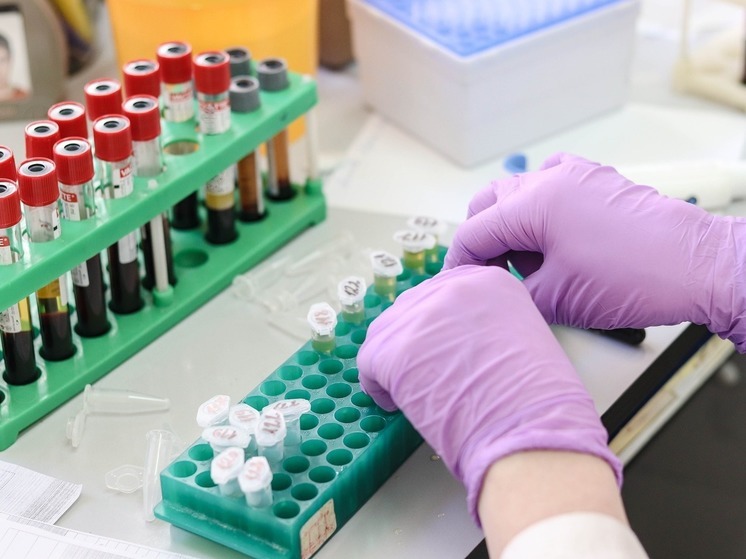Study finds that by age 50, individuals may have several of them
Study finds that 20 percent of people age 50 and older have one or more aging organs . A blood test helps in detection, which determines how quickly a person’s internal organs age and whether they are at risk of failure.

Scientists monitored 11 major organs, including the heart and lungs, and found that all of them may be subject to “accelerated aging,” The Independen reports. While the idea of getting tested can be daunting, it may be an opportunity to intervene and change course, researchers say.
A team from Stanford University found that people whose organs age faster than the rest of their body have a higher risk of developing diseases. in this particular body for 15 years.
According to a new paper published in the journal Nature, it has been found that at least one person in 100 may have multiple organs that test older than the patient's age.
Scientists suggest that figuring out which organs are in rapid decline can help identify underlying health problems. The team used a machine learning algorithm to study about 5 thousand proteins in the blood of people aged 20 to 90.
Researchers analyzed the aging of 11 major organs — brain, heart, liver, lungs, intestines, kidneys, adipose tissue, blood vessels, immune tissue, muscles and pancreas – in 5,676 adults.
Stanford University neurology professor Tony Wyss-Coray said that “it is now possible to estimate the biological age of an organ in an apparently healthy person, which in turn will predict a person’s risk of developing diseases associated with this body.»
According to the study, premature aging of the heart was associated with a 250 percent increased risk of heart failure, while people with aging brains were more likely to develop dementia.
Knowing which organs are in rapid decline can help reveal what health problems may arise, researchers report in the journal Nature.
“With further research, protein biomarkers could help people by directing them to change their lifestyle or take some nutritional supplements,” &mdash ; Matt Kaberley, a specialist in the biology of aging, shared his promising discovery.
According to The Independent, the university has filed to patent the test in case it could be used and sold in the future. However, the authors believe that more research is still needed to test how accurate the predictions are for age and organ health.
Some of Dr. Wyss-Coray's earlier work suggests that the biological aging process is not steady, but occurs in spurts, with some sharp accelerations in the 30s, early 60s, and 70s.
Many scientists question the finding Stanford University. Age-related health and disease expert James Timmons, from Queen Mary University of London, has studied markers of biological age in the blood previously. His work focuses on detectable changes in genes rather than proteins. He acknowledged that Dr. Wyss-Coray's latest results were impressive but needed to be tested in more people, especially younger people, from different ethnic groups.
“Is it aging or a new way of early detection of biomarkers of age-related diseases? The authors give preference to the first, I don’t think the second is excluded,” — Timmons comments.
While aging biology expert at the University of Glasgow, Paul Sheils, stressed that it remains important to look at the whole body, rather than just individual organs, to get the most accurate picture of a person's health.
Caroline Abrahams, from the charity Age UK, raised the ethical and psychological implications of the discovery: 'It's great that science is looking into early detection of serious age-related diseases, but we need to think about how people might feel living with this knowledge.» If this becomes a reality, she said, people will want emotional and clinical support alongside test results, and the UK's National Health Service needs to be prepared for this, including having the funding to provide it.























































Свежие комментарии